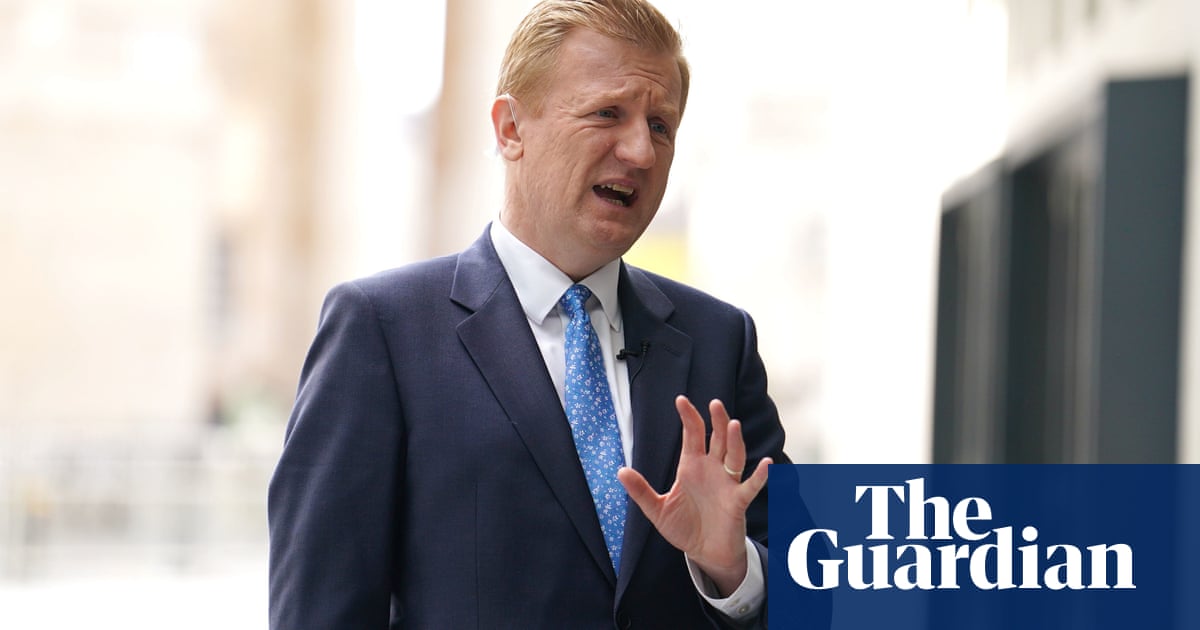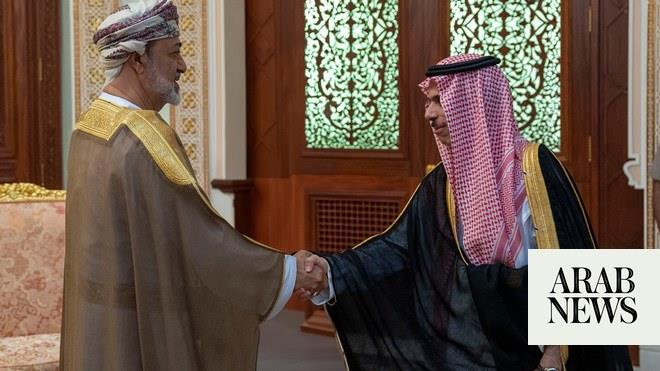
The UK government’s dealings with the devolved nations has been described by former ministers as “demoralising”, “depressing” and devoid of understanding of issues in Scotland, Wales and Northern Ireland.
As the former Brexit minister David Frost is tipped to take charge of matters relating to the union in a potential Liz Truss government, nine former ministers in governments in Edinburgh, Cardiff and Belfast have spoken out about their tussles and frustrations with Westminster in interviews with the Institute for Government.
Michael Russell, Scotland’s former cabinet secretary for the constitution, Europe and external affairs, described how ministers in Wales and Northern Ireland used to complain about interference by one senior Conservative minister who would be “charming to your face” but would “then go out and brief savagely” against them.
Jeane Freeman, Scotland’s former cabinet secretary for health, complained that the UK government “simply don’t understand [devolution] and they have paid no attention to it”.
Certain powers including matters relating to the economy, health and justice have been devolved to the three nations since 1998, but the Scottish National party’s desire for another independence referendum in Scotland and the impact of Brexit on Northern Ireland remain significant fault lines in the union.
The potential appointment of Lord Frost, known for his pugnacious approach, as head of the Cabinet Office raises the prospect of more bruising battles to come.
Michael Russell, Scotland’s former cabinet secretary for the constitution, Europe and external affairs, said tensions between London and the devolved nations had got worse during Boris Johnson’s reign.
“I think the difference between the May and Johnson administrations is that there was a recognition under [Theresa] May, no matter how limited and grudging, of the legitimate interests of the devolved governments and their rights, whereas there was nothing but contempt for devolution from the Johnson government, expressed at every level even by the territorial secretaries of state,” he said.
Freeman, twice a minister in Holyrood, said the lack of interest in devolved government was not confined to the Conservative party.
“It was my experience with Labour as well – [the UK government] do not understand devolution … and they have paid no attention to it.”
Sinn Féin’s Máirtín Ó Muilleoir said working with the UK government was “demoralising, depressing” and “wasteful of my time”, while Stephen Farry, Alliance party MP for North Down and former Stormont employment minister, complained that devolved government in Belfast was like a “transactional clearing house” with Sinn Féin and the Democratic Unionist party carving up the agenda.
“There wasn’t really much sense of ‘here’s a vision of where we want to take Northern Ireland’,” he told the IfG.
The DUP is boycotting Stormont over Brexit but Farry says when he was in devolved government 10 years ago, there was “almost collegiality” between the party and its arch rival, Sinn Féin.
Alun Davies, the former agriculture minister and Welsh Labour member of the Senedd in Wales, complained that the recently departed secretary of state for Wales, Simon Hart, had turned into a “monster” not just attacking the decisions of the devolved government but the “fact we exist” with “ludicrous” comments.
“I disagree, fundamentally, with what the UK government says and does … but I don’t attack their right to exist,” he said.
Claire Sugden, an independent unionist and former Northern Ireland justice minister, spoke of the importance of showing respect to political opponents.
“It’s not that individual I’m working with, it’s the office in which they were mandated and in most cases that’s thousands of people. So when I disrespect that individual, I’m disrespecting the people they represent,” she said.
A government spokesman said: “We have seen positive co-operation with the devolved governments on key issues including leading the international response against Russia’s invasion of Ukraine and on COVID-19.
“Earlier this year, we published a landmark agreement setting out how we are strengthening relationships for the benefit of people across the UK and so far there has been more than 160 meetings with the UK government and devolved ministers.”












